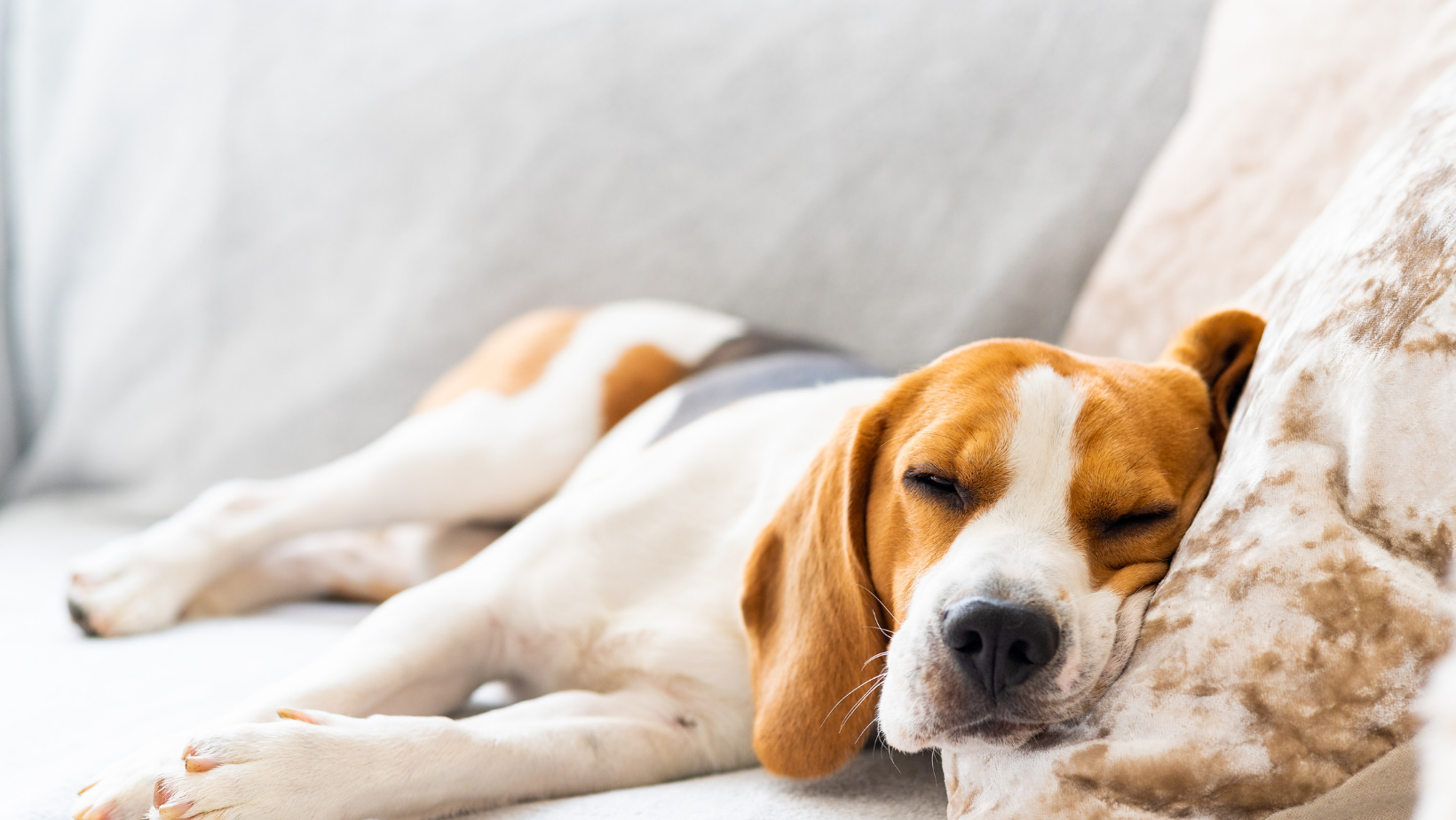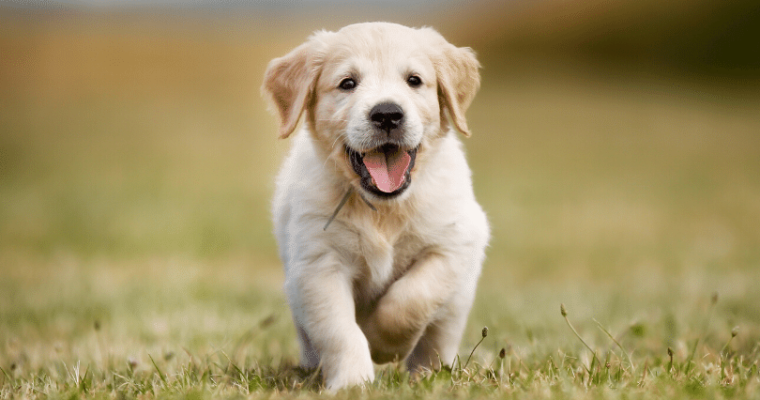Like us humans, dogs need to get enough sleep to stay healthy. The right dog food keeps their systems healthy, the right levels of water keep them hydrated. The right amount of sleep? Well, that depends on your dog! Rest helps them maintain proper immune function, metabolism, and cognitive health. It also allows their bodies to recuperate so that they have enough energy to play, train, and explore their surroundings like healthy dogs do.
Now, you might think that it’s easy for your dog to fall asleep after a long walk around the neighborhood or an intense playtime session. Some canines need little more than to curl up in their custom dog beds to get comfortable and start counting sheep. But some dogs have more trouble sleeping than others, which can be the result of factors like the following:
- A new environment. If you’ve just moved to a new place, your fur baby might be having a difficult time adjusting to their surroundings. Their senses might be overwhelmed by unfamiliar things that are quite hard to ignore, even if they’re feeling sleepy.
- Noise and other disturbances. Your neighbor’s loud music, cats prowling outside in the night, and other similar disturbances may be keeping your dog awake.
- An uncomfortable sleeping area. When dogs toss and turn while they sleep, it usually indicates that their sleeping area itself is uncomfortable. This could mean that your canine companion’s bed isn’t of good quality, or that the environment of the room they’re sleeping in isn’t to their liking.
- Health issues. Sleep apnea, chronic pain, canine cognitive dysfunction, or allergies may also be keeping your dog from sleeping soundly.
If you notice that your fur baby isn’t getting enough sleep, here are some practical solutions that can get help them get those Zs in:
1) Create a More Comfortable Sleeping Environment for Them
One of the first steps towards helping your restless dog sleep better is to create a comfortable sleeping environment for them. Dogs appreciate a cozy and calming space to rest, so consider providing them with a soft and supportive bed or a blanket that they can comfortably tuck themselves into.
Make sure that the dog bed or blanket you’ve gotten for them is appropriately sized for your dog’s breed and age. In addition, choose a sleeping location for your dog that’s quiet, away from drafts, and preferably dimly lit. You can also try playing soothing music or white noise in the room to buffer outside noise. This will all go a long way for your dog in getting them to relax and unwind, thus making it easier for them to fall and stay asleep.
2) Guide Them Through a Routine
Routines are necessary for dogs, and establishing a consistent sleep schedule, in particular, will do wonders for their sleep quality and overall health. Knowing that, try to set specific bedtime and wake-up times for your dog to regulate their internal clock and reduce restlessness during the night.
When creating a pre-bedtime routine for your dog, factor in regular exercise and playtime during the day so that they can expend excess energy. Stick to your schedule and your dog will not only sleep better, but also feel more secure and balanced throughout the day.
3) Bring Your Dog Out Before Bedtime
Don’t forget to let your dog relieve themselves before they sleep so that you can prevent both interruptions to their sleep schedule and unwanted accidents in the middle of the night. This is especially important for puppies and elderly dogs with smaller bladders. Ensure that these outings are calm and focused on their needs so that your canine companion easily understands that it’s time for rest when you return inside.
4) Avoid Too Much Activity Before Bed
Though you’ll want to tire your dog out before they rest, don’t subject your dog to a full walk or do anything that’s overly stimulating for them too close to their bedtime. That, in turn, can be counterproductive and leave them with too much pent-up energy to sleep properly. When you go inside after their bathroom break, end the day with calm and soothing interactions like a good brushing session before bed.
5) Limit Your Dog’s Water Intake
While staying hydrated is crucial for dogs, you’ll want to limit their water intake in the hours leading up to bedtime. Around two to three hours before sleep, gradually reduce the amount of water your dog drinks. This way, their bladder is less likely to fill up during the night. The AKC recommends to stop giving water 2-3 hours before bedtime.
6) Visit Your Veterinarian
If your dog continues to experience sleep disturbances despite you implementing the abovementioned strategies, it may be time to consult your veterinarian for more exhaustive advice. There could be underlying medical issues behind your dog’s discomfort or restlessness at bedtime, and your vet will help you identify and address any health concerns that may be affecting your dog’s sleep. They can also offer guidance on improving your fur baby’s sleep quality, especially if they’re a senior dog that may have age-related sleep problems.
Good sleep is an essential component of your dog’s overall health and wellbeing. To facilitate better sleep for your canine, as well as mornings where they’re refreshed and energized to meet the new day, try the tips listed above!







